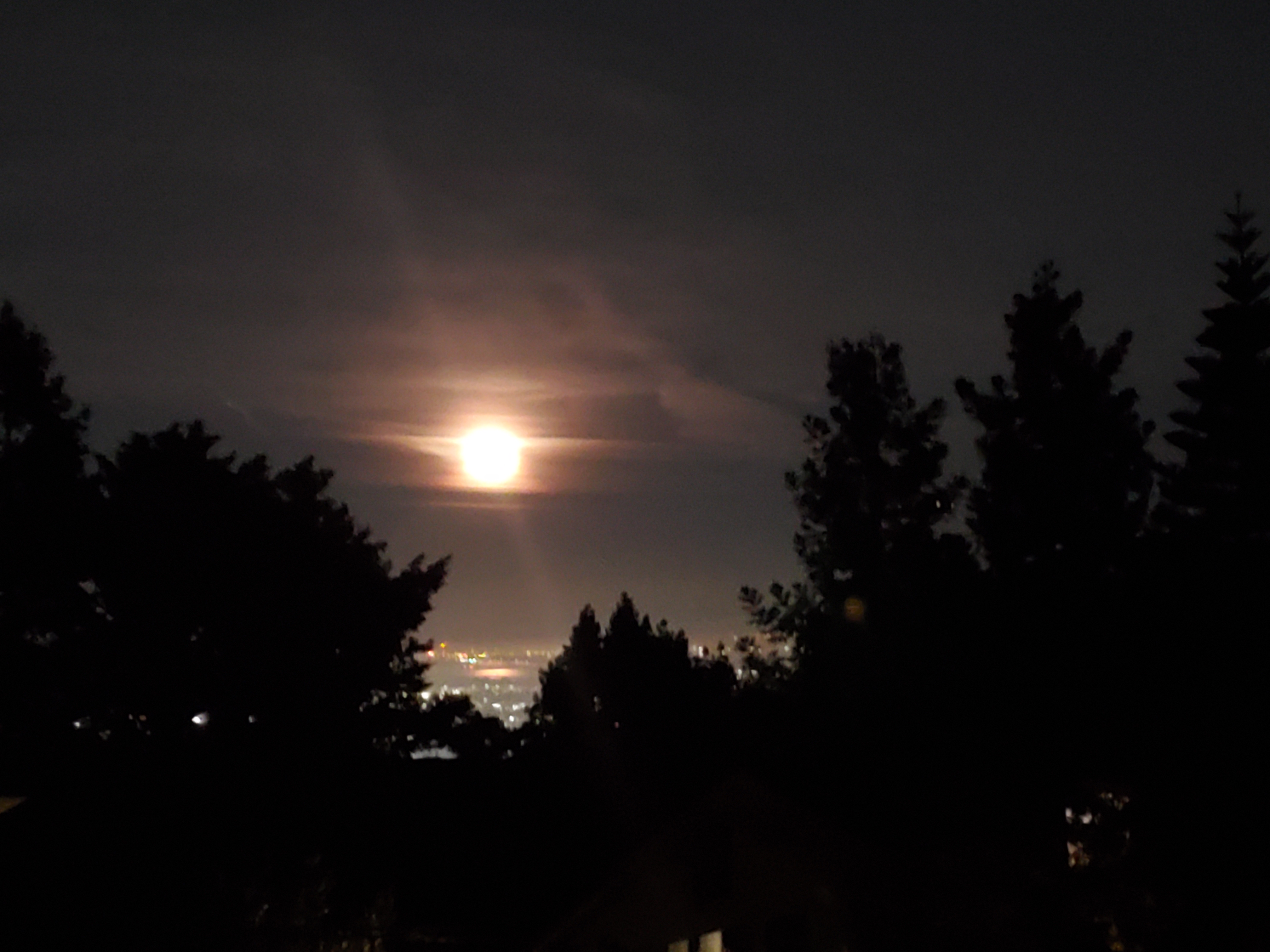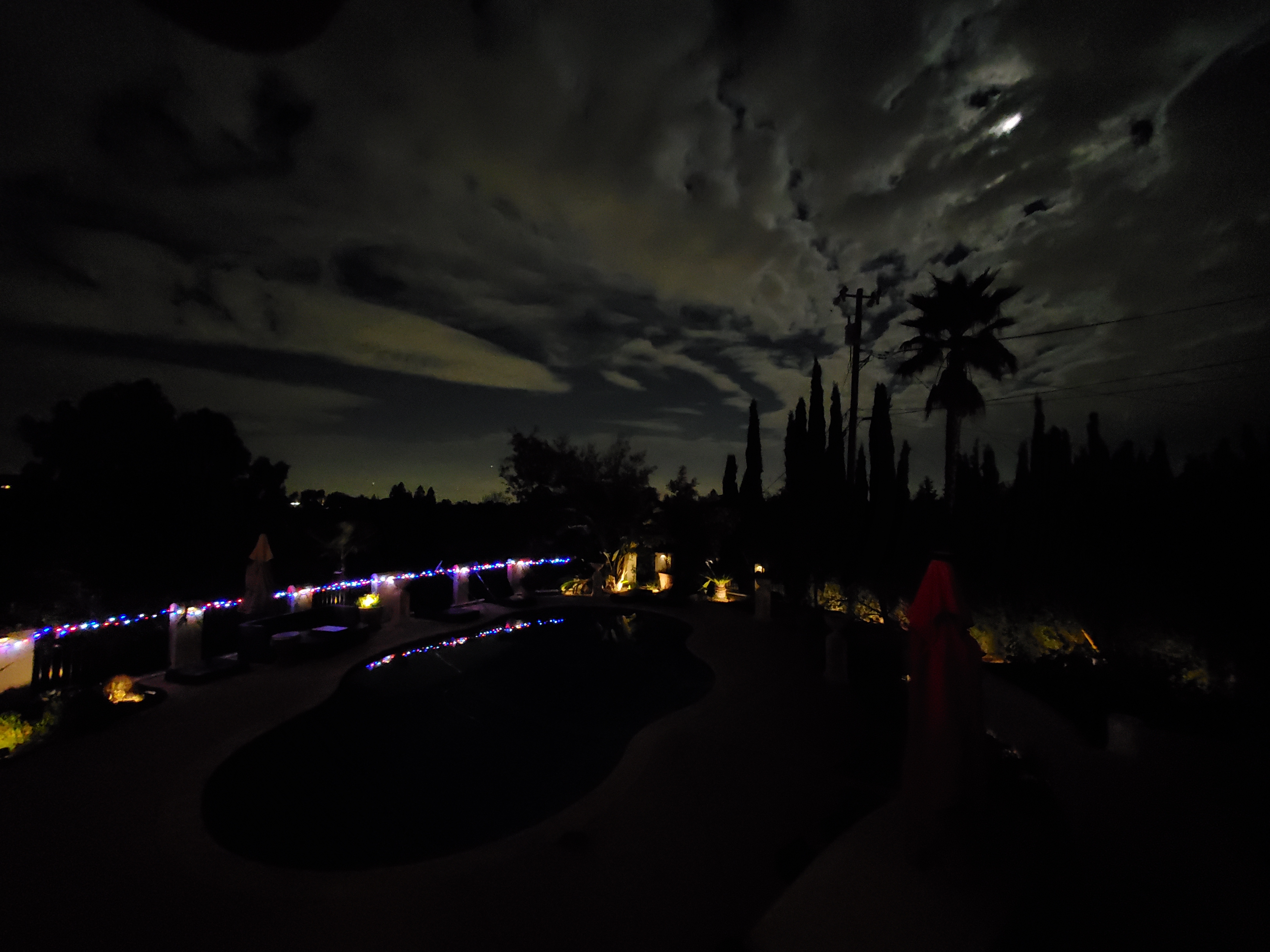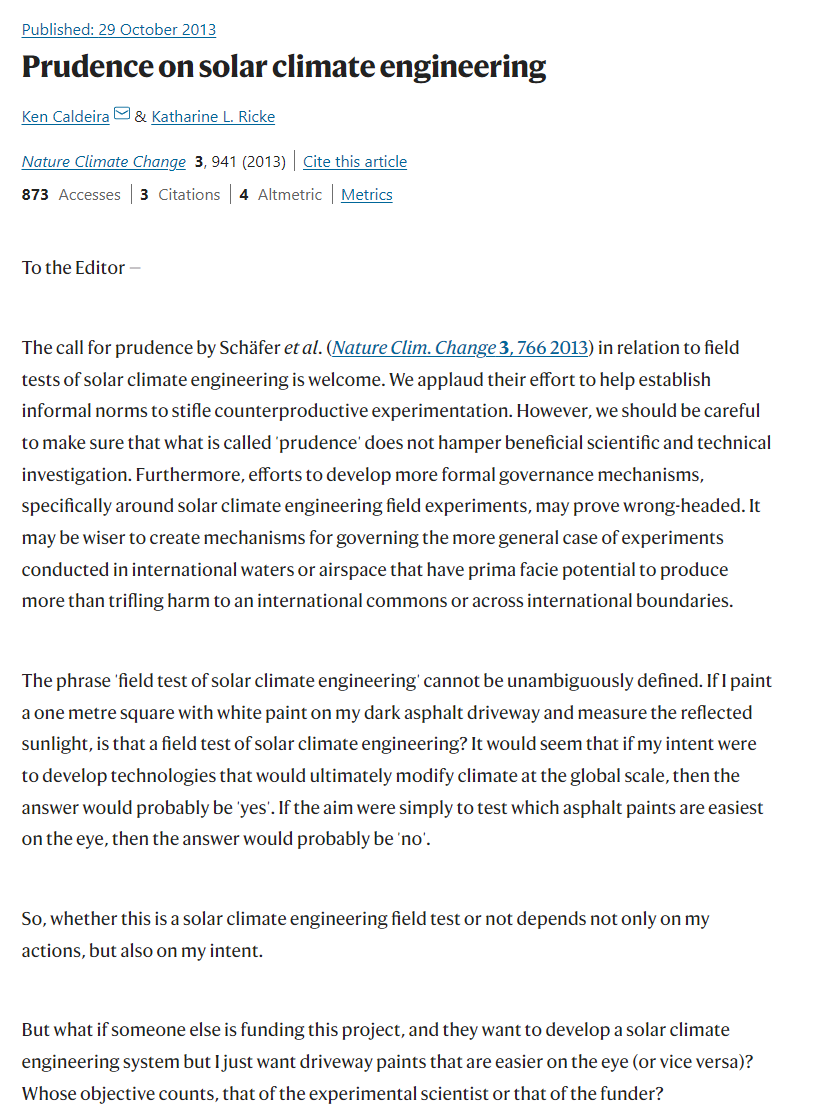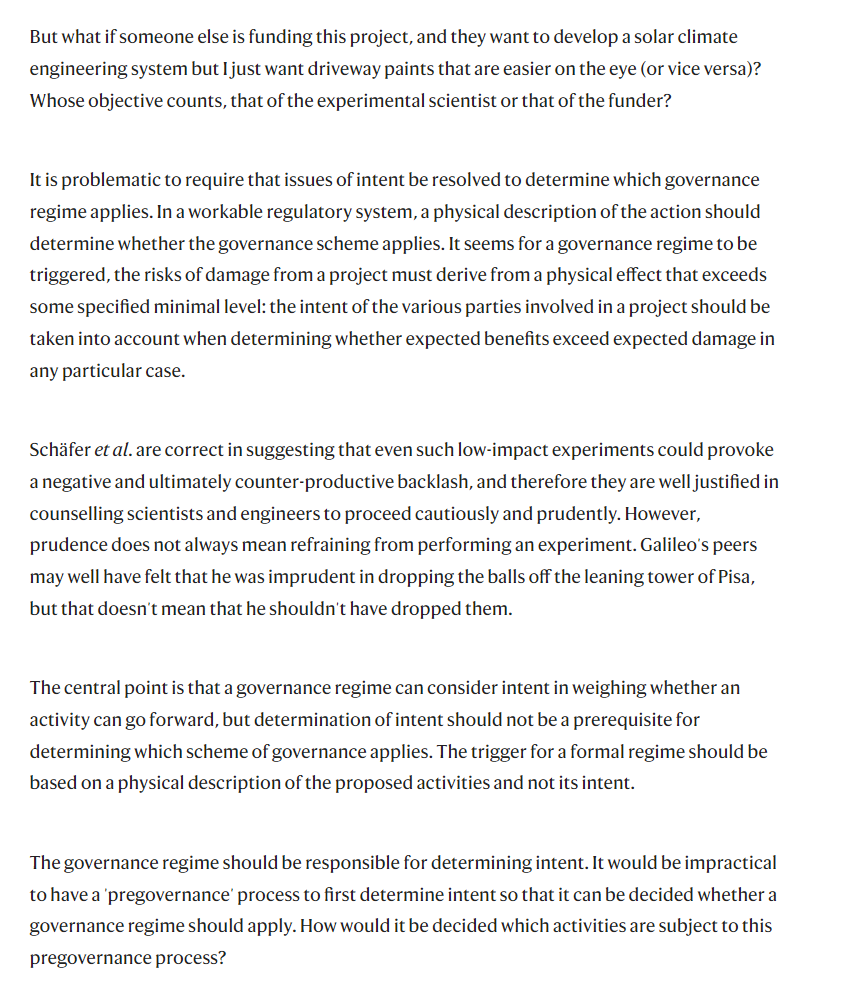A colleague asked me about whether I would sign on to an effort that would effectively ban most research on solar geoengineering. Here is a lightly edited response.

A few points:
1. The main problem with this letter is that it is an assault on freedom of research that is in-itself benign.
I don’t see that banning outdoor research on solar geoengineering is different in kind from the Catholic Church banning Galileo from dropping balls off the leaning tower of Pisa.
There should be a presumption that if an experiment is expected to lead to negligible direct harm, that the experiment can go forward unless it would lead to an expectation of imminent harm that could not easily be averted by other means.
2. I am increasing critical about people signing onto policy positions where it is not entirely clear whether the person has special expertise related to the issues contained therein.
If I sign a letter saying Trump should be prosecuted for his crimes, nobody will think that I have special insights into Trump’s crimes or appropriate legal processes.
But if I sign onto a letter like this, a reader might reasonably assume that I have special expertise on policy measures that would lead to international risk reduction. In fact, I have no such expertise.
I try to avoid signing anything that is in this grey zone, where it would not be clear to readers whether I was signing as a domain-area expert or merely as a concerned citizen with no special expertise.
3. As a matter of public policy, a no first use ban may or may not be effective at banning first use. I am not expert in the efficacy of such bans.
We can see how successful various international constraints were at stopping Russia from taking Crimea. Maybe having countries declare that they won’t do bad things helps to prevent bad things from happening, but maybe not.
Were it clear that I was signing as a citizen, and not as someone with special expertise, I would sign onto a “no first use” ban.
4. As a practical matter, defining what is or is not solar geoengineering research will be very difficult as the definitions are based on establishing intent.
Bad actors can still go ahead and study stratospheric chemistry, aerosol distribution techniques, effects of changes in diffuse radiation on ecosystems, climate effects of stratospheric aerosol loading, etc. They just need to do this without the intent of producing a system that would geoengineer the planet.
These sorts of bans will stop good actors and force bad actors to be less forthcoming about intent.
I recall with the iron fertilization experiments, many of the scientists could care less about iron fertilization as a climate mitigation tool, but they just saw the experiments as a chance to learn more about how marine ecosystems respond to nutrient additions. I think we can assume there are stratospheric chemists who might feel the same way about stratospheric aerosol release experiments.
Politicians can fund these programs thinking of solar-geo as the use case with the scientists engaged in the study as pure science.
How are such cases to be adjudicated? What are the proposed procedures if you do an experiment and I think your intent is really to learn about solar geoengineering? Do I take my charges to some sort of inquisition so that they can determine what is truly in your heart of hearts?



